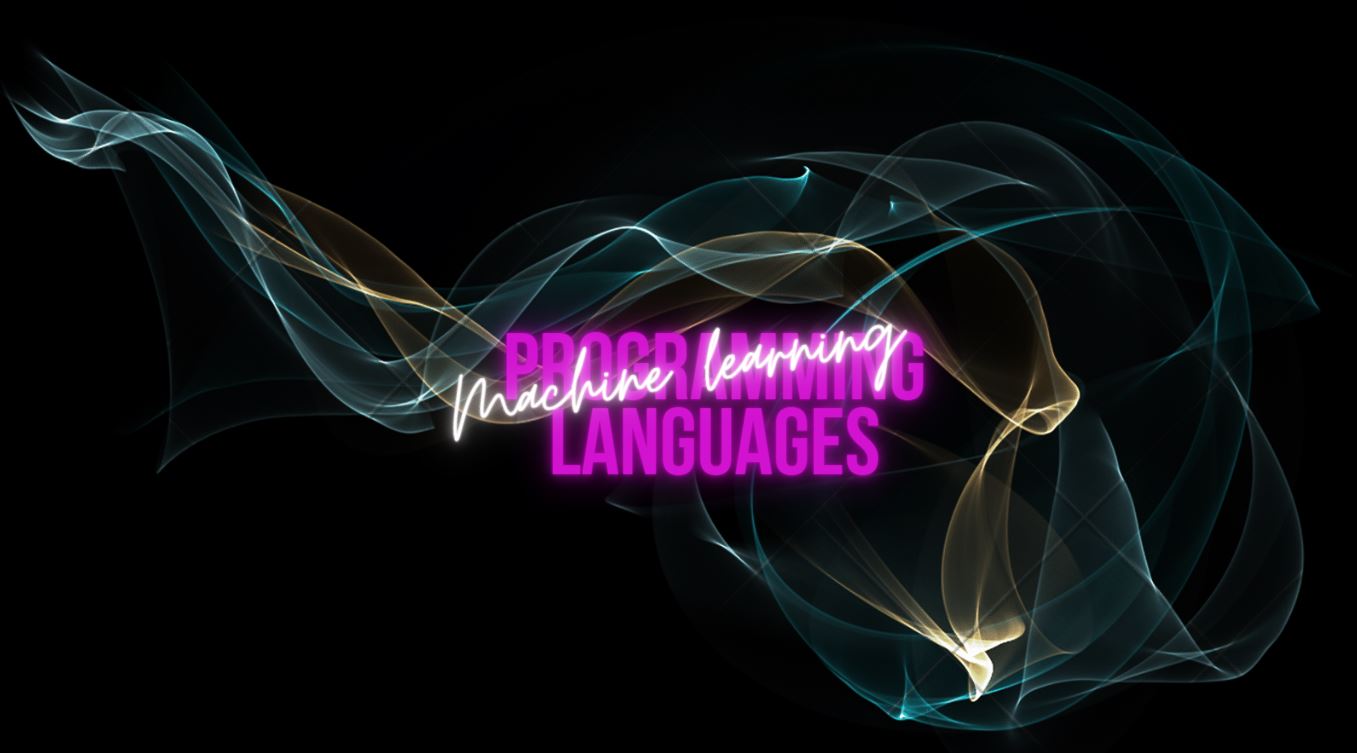- Likes
- Followers
- Followers
- Followers
- Subscribers
- Followers
- Members
- Followers
- Members
- Subscribers
- Subscribers
- Posts
- Comments
- Members
- Subscribe
Top 10 Programming Languages for Machine Learning Projects

If you are a Machine learning enthusiast and want to learn top programming languages for machine learning projects then in this article I’ll let you know the programming languages assisting machine learning projects. Machine learning, which is a subset of artificial intelligence, is the stream which is transforming the way we interact with technology. From recommendation systems to autonomous vehicles, machine learning is at the heart of countless innovations. And at the core of every machine learning project lies a programming language. In my earlier article, I had explored for you the machine learning tools and data science tools which assist in the respective technologies. In this article, I’ll explore the top programming languages for machine learning projects, examining their strengths, weaknesses, and use cases.
1. Python Programming Languages for Machine Learning
Python is the undisputed king of programming languages for machine learning. Its simplicity, readability, and a vast ecosystem of libraries make it the go-to choice for both beginners and experts. Libraries like TensorFlow, PyTorch, and scikit-learn empower developers to build complex machine learning models with ease. Python’s versatility extends beyond machine learning, making it a valuable language for data analysis, web development, and more.
2. R Programming Languages for Machine Learning
R is another language tailored for data science and machine learning. It excels in statistical analysis and data visualization, making it a favorite among statisticians and data scientists. Packages like caret and xgboost offer powerful tools for building machine learning models. While R’s learning curve can be steeper than Python’s, it remains a strong contender for specialized machine learning tasks.
3. Java
Java’s robustness and platform independence make it a preferred choice for building enterprise-level machine learning applications. Libraries like Deeplearning4j and Weka provide comprehensive solutions for various machine learning tasks. Java’s strict typing and strong community support make it a suitable language for large-scale, mission-critical machine learning projects.
4. C++
C++ offers the advantage of high performance, making it a go-to language for applications where speed is crucial. Machine learning libraries like Shark and mlpack harness C++’s power to deliver fast and efficient algorithms. While C++ may have a steeper learning curve, it’s indispensable for tasks like computer vision, game development, and robotics, where real-time processing is essential.
5. Julia Programming Languages for Machine Learning
Julia is an up-and-coming language designed explicitly for numerical and scientific computing. It combines the best of Python’s readability and C++’s performance. Julia’s multiple dispatch system and just-in-time (JIT) compilation make it exceptionally fast for numerical operations. Libraries like Flux.jl and MLJ are quickly gaining popularity in the machine learning community.
6. Scala Programming Languages for Machine Learning
Posts You May Like
Scala, a hybrid of object-oriented and functional programming, is a natural fit for machine learning projects. Libraries like Breeze and Smile offer machine learning capabilities while leveraging Scala’s conciseness and functional programming features. Scala’s compatibility with Java allows developers to seamlessly integrate with Java-based frameworks like Apache Spark.
7. MATLAB
MATLAB has long been a staple in academic and research environments for its powerful matrix manipulation and visualization capabilities. While it may not be as popular in industry settings, it remains a valuable tool for prototyping and experimenting with machine learning algorithms. MATLAB’s Statistics and Machine Learning Toolbox provides a comprehensive set of functions for various tasks.
8. JavaScript
JavaScript’s ubiquity in web development has led to the emergence of machine learning libraries like TensorFlow.js and Brain.js. These libraries enable machine learning models to run directly in the browser, opening up possibilities for interactive web applications with AI capabilities. JavaScript’s versatility makes it an exciting language for the future of machine learning.
9. SAS
SAS is also called Statistical Analysis System which is a software suite used for advanced analytics, business intelligence, and data management in machine learning. While it may not be a traditional programming language, it offers a graphical interface and scripting capabilities for machine learning tasks. SAS remains popular in industries where data security and compliance are critical, such as healthcare and finance.
10. Ruby Programming Languages for Machine Learning
Ruby’s simplicity and productivity make it an attractive choice for machine learning enthusiasts. While it may not have as extensive a machine learning ecosystem as Python or R, libraries like RubySci offer basic machine learning capabilities. Ruby is an excellent choice for quick prototyping and experimentation.
Conclusion
The choice of programming language for a machine learning project depends on various factors, including the project’s complexity, performance requirements, and the developer’s familiarity with the language. Python, with its vast community and libraries, is an excellent starting point for most machine learning enthusiasts. However, for specialized tasks, other languages like R, Java, C++, Julia, Scala, MATLAB, JavaScript, SAS, and Ruby have their unique strengths and use cases. As the field of machine learning continues to evolve, these languages will adapt and remain essential tools for turning data into actionable insights and groundbreaking innovations.
Image credit- Canva


[…] Top 10 Programming Languages for Machine Learning Projects […]